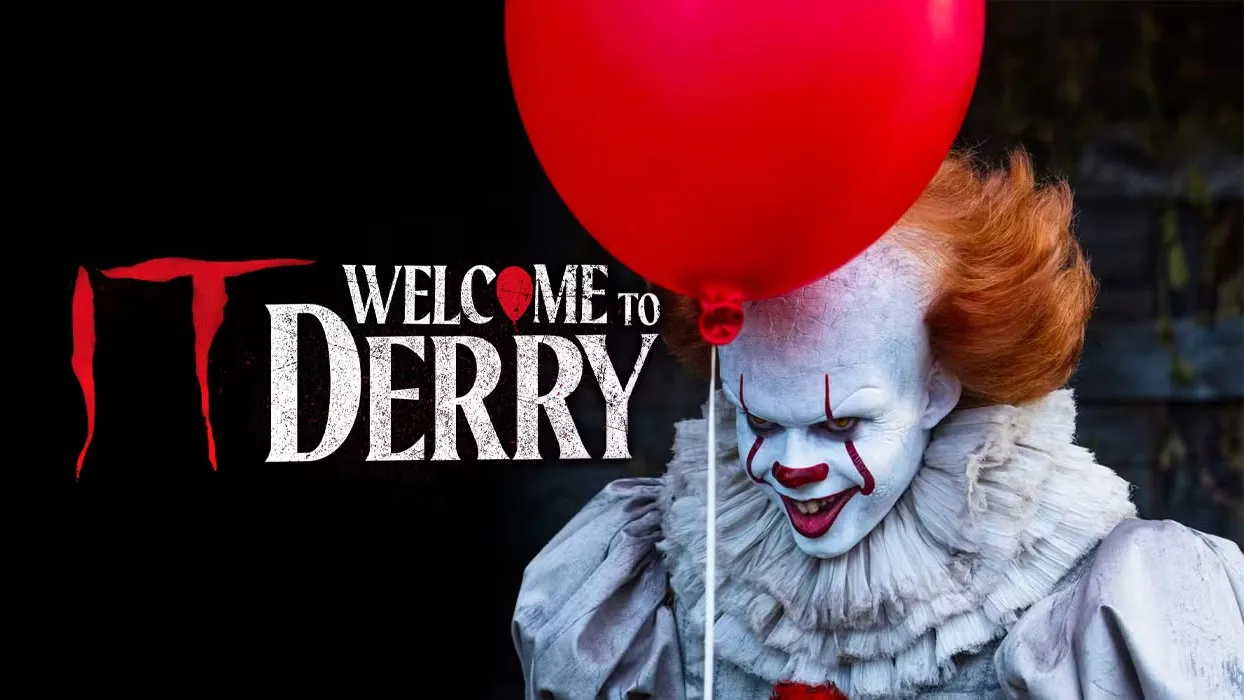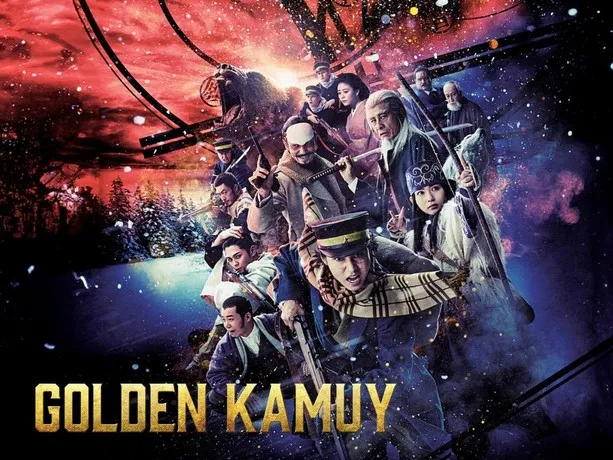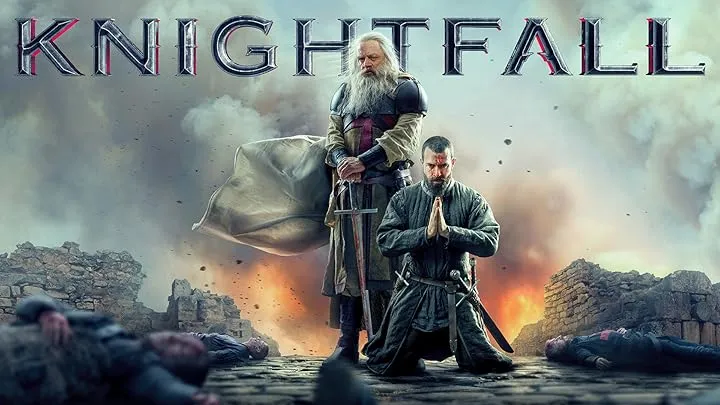In the land of gods and monsters, only blood speaks
The Northman (2022), directed by Robert Eggers, is not just another Viking action movie—it is a blood-soaked, visually arresting, and spiritually charged odyssey through the heart of Norse mythology. Inspired by the ancient Scandinavian legend that served as the basis for Shakespeare’s Hamlet, the film tells the primal story of Prince Amleth’s lifelong quest to avenge his father’s murder and reclaim his stolen destiny.
Set in the 9th century, the film opens with a young Amleth witnessing the brutal slaying of his father, King Aurvandil (Ethan Hawke), at the hands of his uncle Fjölnir (Claes Bang). Forced to flee, Amleth escapes into exile, vowing to return and fulfill his oath: “I will avenge you, Father. I will save you, Mother. I will kill you, Fjölnir.” Years later, he returns not as a boy, but as a hardened berserker warrior (played by Alexander Skarsgård), consumed by vengeance and guided by visions, omens, and the will of the gods.
What sets The Northman apart from other historical epics is its unflinching dedication to authenticity—not just in costume and setting, but in worldview. Eggers does not present a modernized or sanitized Viking culture. Instead, he plunges the audience into a brutal, mystical, and often surreal world where fate is inescapable, violence is sacred, and gods and spirits are ever-present. Rituals, prophecies, and visions of Valhalla are woven seamlessly into the narrative, making the film feel as much like a fever dream as it does a historical drama.
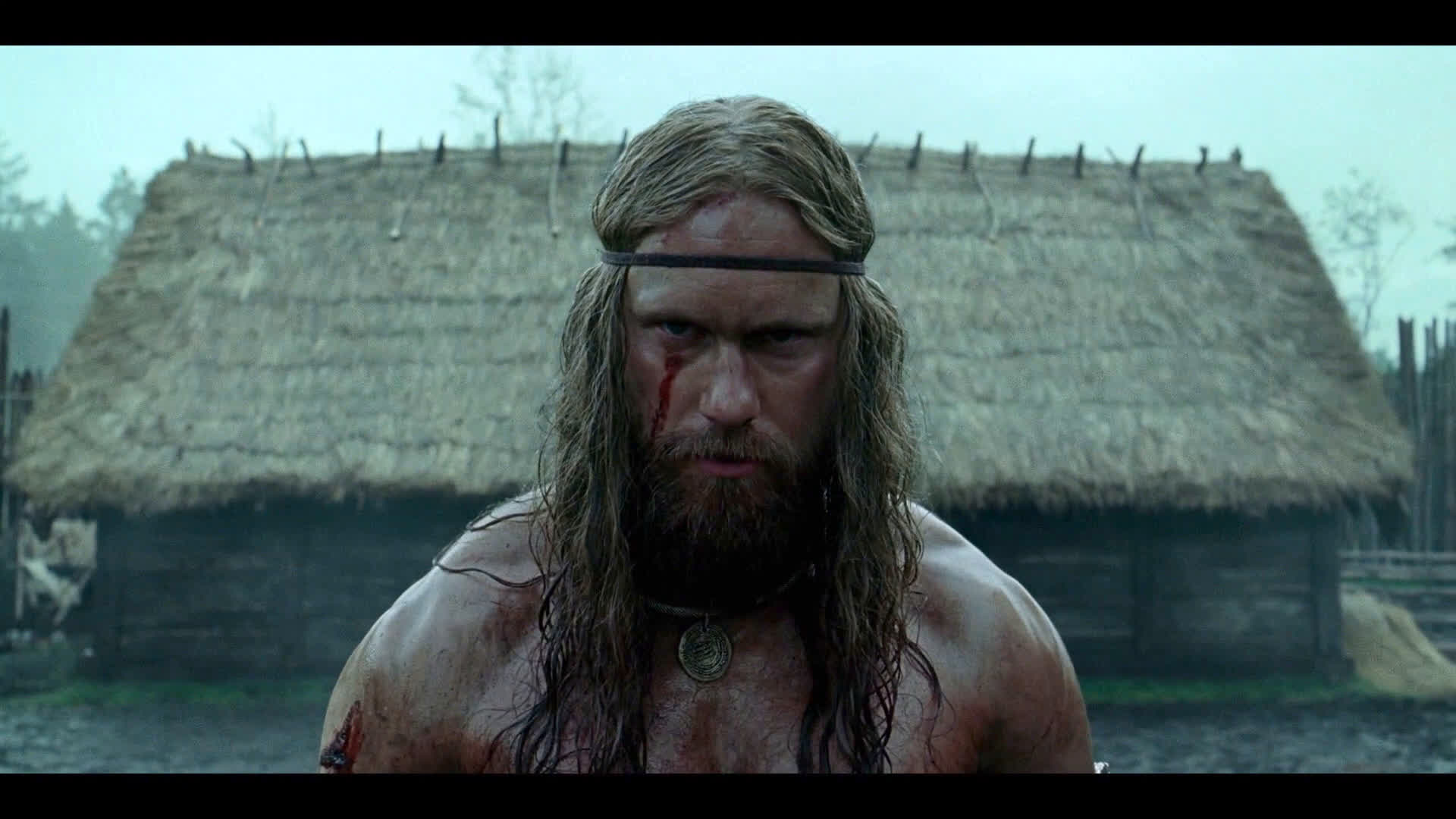
Alexander Skarsgård delivers a raw, physical performance that is nothing short of feral. His Amleth is a man transformed into a beast, driven not by reason but by the instinctual pull of vengeance. With bulging muscles, animalistic growls, and a haunted glare, Skarsgård portrays a character who is both tragic and terrifying. Yet, beneath the brutality, there is a growing sense of doubt—a subtle questioning of destiny and the cost of revenge.
Nicole Kidman surprises in the role of Queen Gudrún, Amleth’s mother, who turns out to be far more complex—and unsettling—than initially expected. Her monologue in the second half of the film delivers one of its most shocking emotional punches, flipping the hero’s perception of the past on its head. Anya Taylor-Joy, as Olga of the Birch Forest, brings an ethereal, almost witch-like presence to the story, balancing Amleth’s rage with a sense of hope and healing.
Visually, The Northman is a masterpiece. Cinematographer Jarin Blaschke crafts scenes that feel both grounded and mythical, moving from muddy, blood-drenched battlefields to dreamlike visions of Norse cosmology. The long takes during fight sequences—especially a village raid shot in a single, uninterrupted tracking shot—immerse the viewer in chaos without sacrificing clarity. The soundtrack, filled with Nordic chants and primal drums, further amplifies the ritualistic tone.
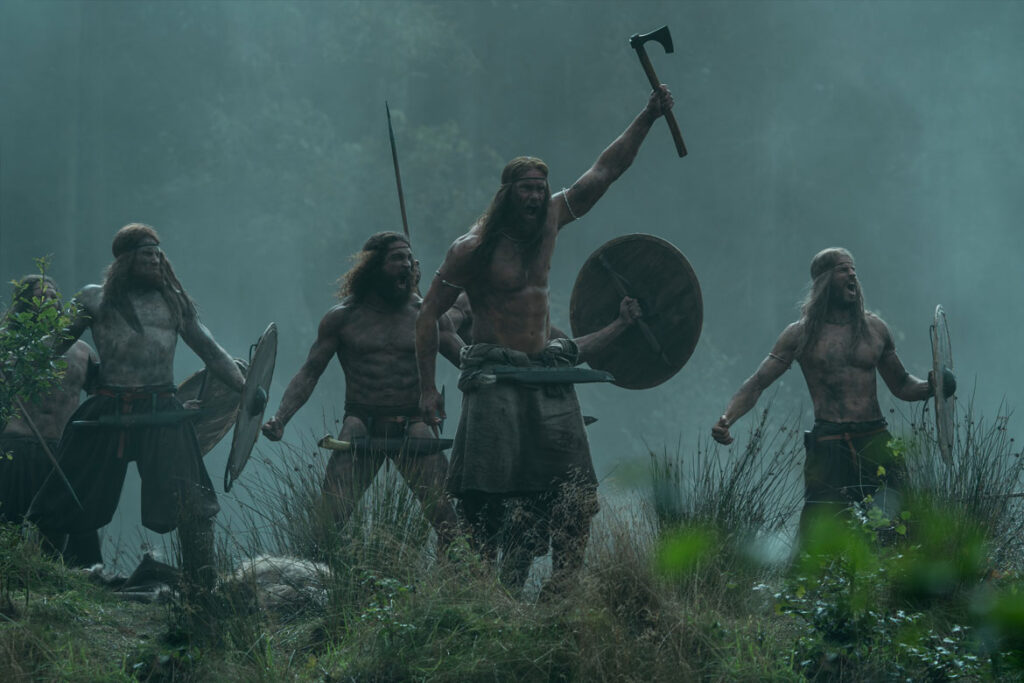
Eggers doesn’t shy away from violence, but it’s never gratuitous. Each act of brutality carries symbolic weight. Every wound, every scream, every death feels tied to a larger narrative of fate and sacrifice. The film asks: Is revenge ever truly righteous? Or does it merely continue the cycle of blood?
The Northman may not appeal to everyone. Its pacing is deliberate, its dialogue archaic, and its themes dark and unrelenting. But for those willing to immerse themselves in its world, the film offers a rare blend of myth, art, and raw human emotion. It’s a story as old as time, but told with a boldness and vision that feels entirely new.
In the end, The Northman is more than a tale of vengeance. It’s a meditation on destiny, masculinity, and what it means to be a man shaped by legend, longing, and loss. It reminds us that even in a world of gods and monsters, the human heart is the most dangerous force of all.
